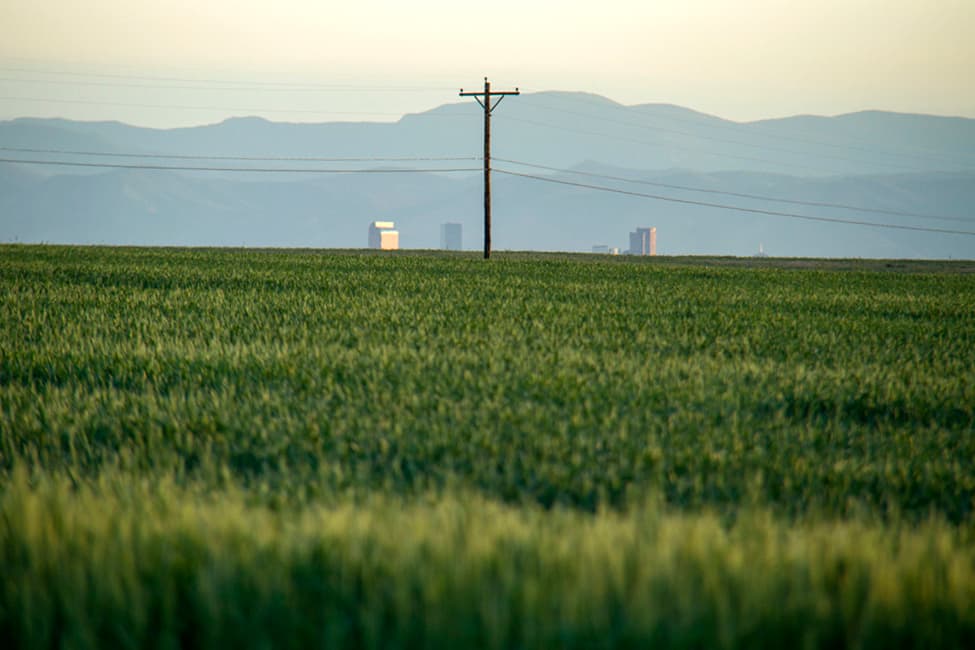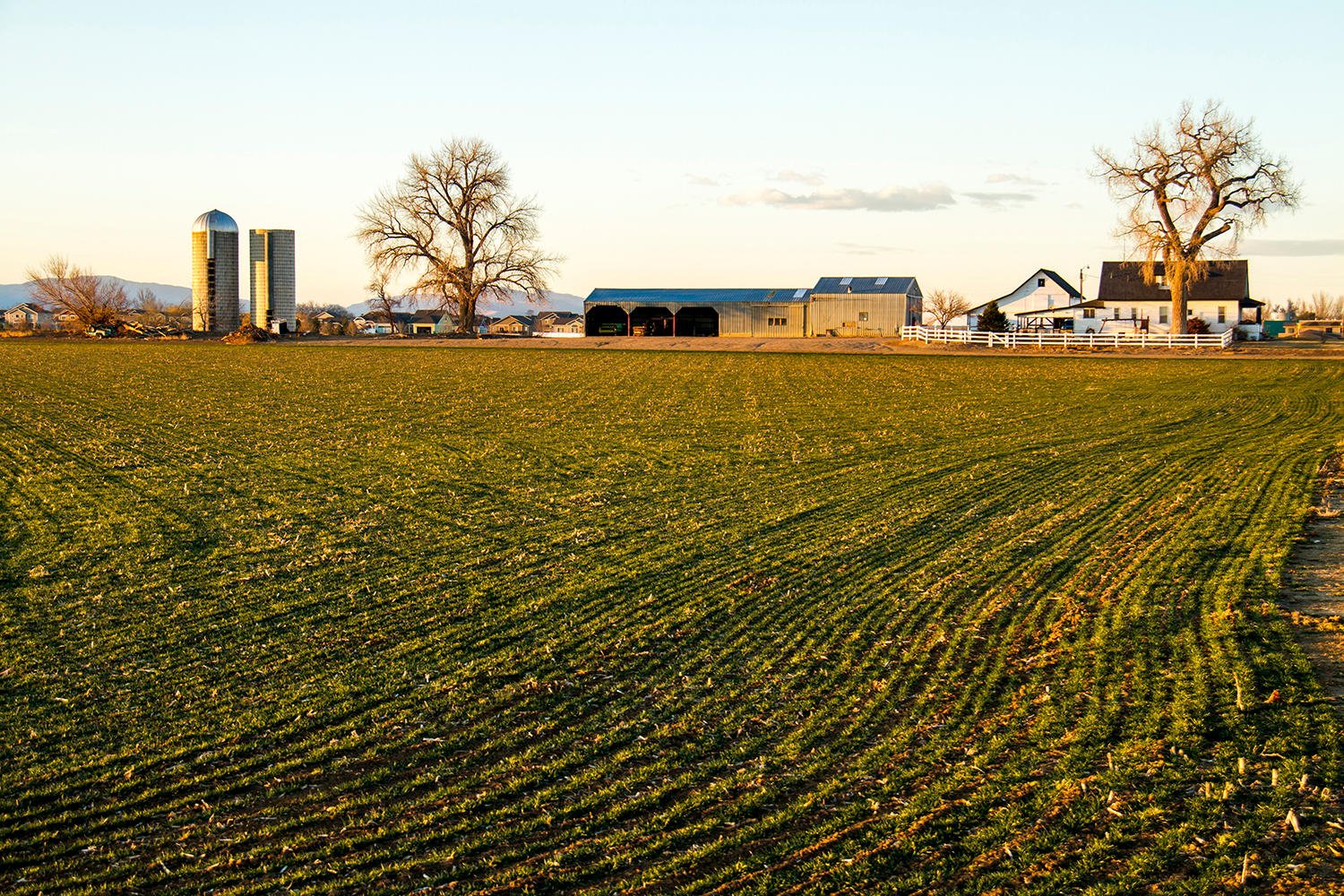
Colorado business leaders called for responsible immigration reform Tuesday to keep the state's $41 billion agriculture industry thriving.
Following through with President-elect Donald Trump's campaign talk of deporting millions of immigrants would hurt not only farmers but Colorado's economy overall, said Chad Vorthmann, executive vice president of the Colorado Farm Bureau.
The Colorado Farm Bureau, Colorado Business Roundtable, Denver Metro Chamber of Commerce and other business organizations from around the state kicked off the Coloradans for Immigration Reform coalition Tuesday. The group will work with the national bipartisan business organization The Partnership for a New American Economy to call for "streamlining, modernizing and rationalizing" the U.S. immigration system.
"This nightmare Colorado farmers and ranchers face is our current immigration system that responds to requests far too slowly, fails to follow visa holders through expiration and turns away high- and low-skilled workers far too often," Vorthmann said.
He and the coalition are calling for solutions to better track who is here legally and enforce immigration laws that won't hurt the free movement of trade and labor.
Under federal law, it’s generally illegal to employ someone who is in the country illegally. Despite that, unauthorized workers made up about 4.9 percent of the workforce in Colorado in 2014. Most of those people were employed in construction, agriculture and leisure and hospitality jobs, according to a Pew Research Center study released last month.
Colorado's crop producers have a hard time finding American workers because their demand varies by season, requires long hours and intensive labor and is somewhat unpredictable due to weather and other factors out of their control.
Finding U.S. employees in Colorado is a challenge for industries across the board due to the state's low unemployment rate.
"We're talking about jobs that need to be done, and we don't have the labor force to do them," said Mizraim Cordero, vice president of government affairs for the Denver Metro Chamber of Commerce.
Vorthmann said even livable wages aren't enough to attract workers sometimes.
"There are many instances where farmers and ranchers are willing to pay $10, $15 or $20 an hour to get the labor they need. Even with these wages, the lack of a meaningful guest worker program means instead of getting their crops harvested farmers are forced to watch them rot in the field," he said.
Ultimately, businesses in Colorado are responding to "the change that's occurred in this country from 'tear down this wall' to 'build this wall,'" said Jeff Wasden, president of the Colorado Business Roundtable.
"We need to welcome with open arms those that have a willingness to contribute to our economy and to our communities," Wasden said. "We need to create a formal legal step that allows people to come forward, pay a penalty, go through a screening process and continue to make America great."
Subscribe to Denverite’s newsletter here.
Business & data reporter Adrian D. Garcia can be reached via email at [email protected] or twitter.com/adriandgarcia.













